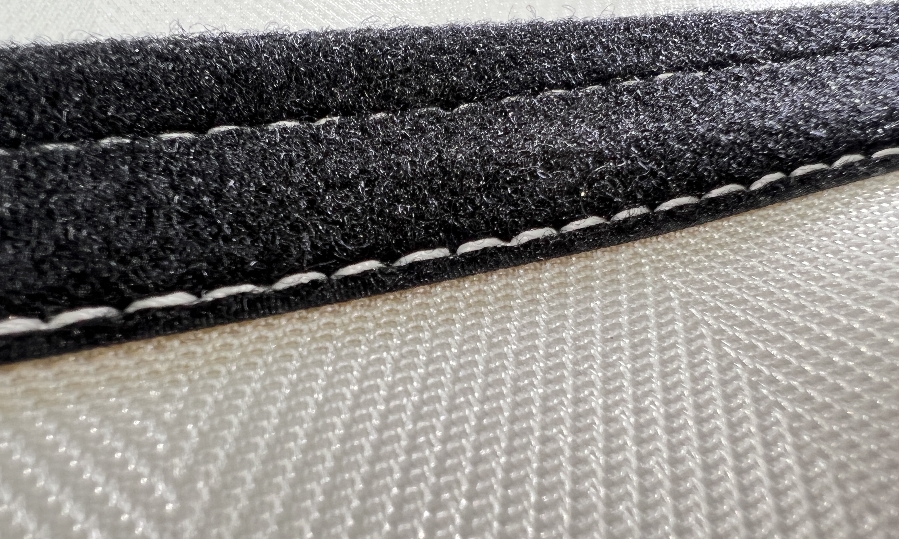Polyester, polypropylene, and nylon are among the most commonly used materials for filter cloths, widely applied in various industries. This article focuses on the acid resistance of these three materials, providing detailed insights for reference.
Polyester Fiber:
Polyester fiber exhibits good acid resistance but poor alkali resistance, making it suitable for environments with a pH range of 3-9. It maintains stable performance in weak acid conditions and is not easily corroded by acids. However, polyester filter cloth cannot withstand strong acids like concentrated sulfuric acid or heated formic acid.
Polypropylene Fiber:
Polypropylene fiber demonstrates excellent resistance to both acids and alkalis, with a suitable pH range of 1-13. It performs well in both strong and weak acid environments. However, polypropylene is not heat-resistant and may dissolve at high temperatures, so temperature limitations must be considered during use.

Nylon Fiber:
Nylon filter cloth has relatively weaker acid resistance but can still perform effectively in certain weak acid environments. It boasts strong alkali resistance and excellent wear resistance. However, nylon is prone to discoloration and brittleness when exposed to sunlight for extended periods.
In addition to these materials, other filter cloth options such as vinylon, pure cotton, and non-woven fabrics are available, each with varying acid resistance properties. The choice of material should be based on specific application scenarios and filtration requirements.
About Bolian:
Bolian is a professional manufacturer of filter cloths. Our products are known for high filtration efficiency, low elongation, and excellent wear resistance, making them widely applicable across various industries.